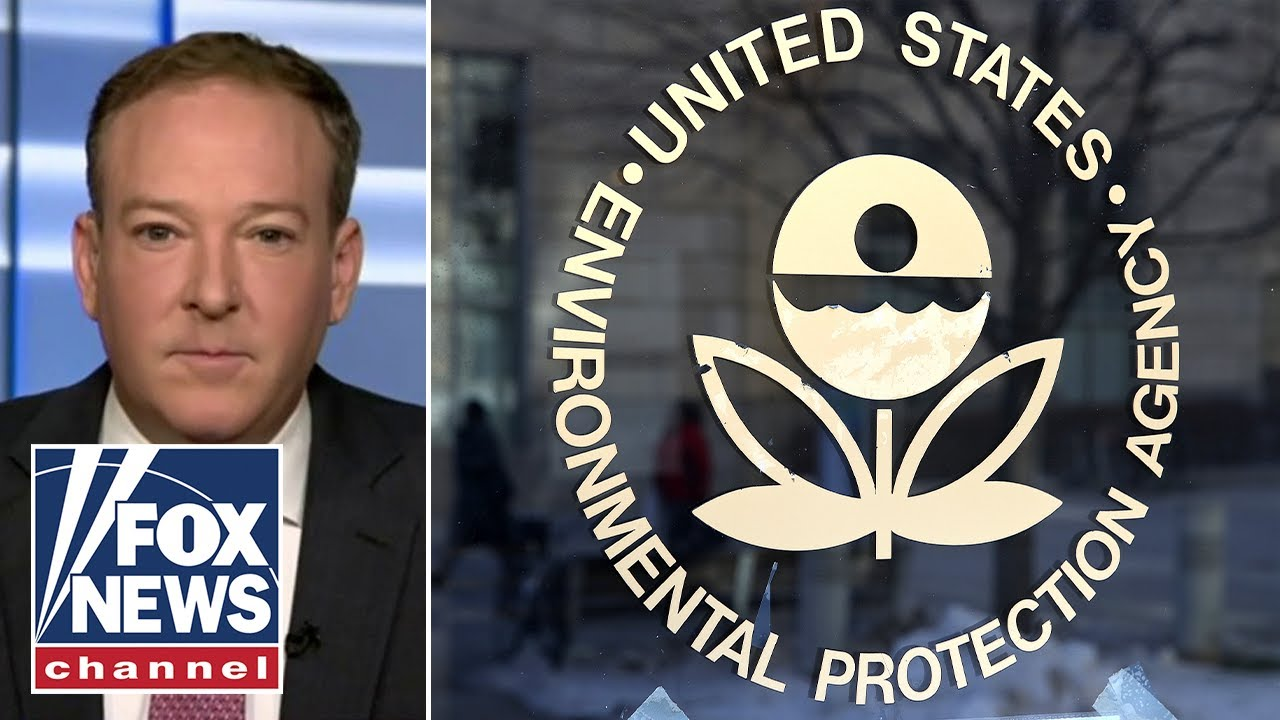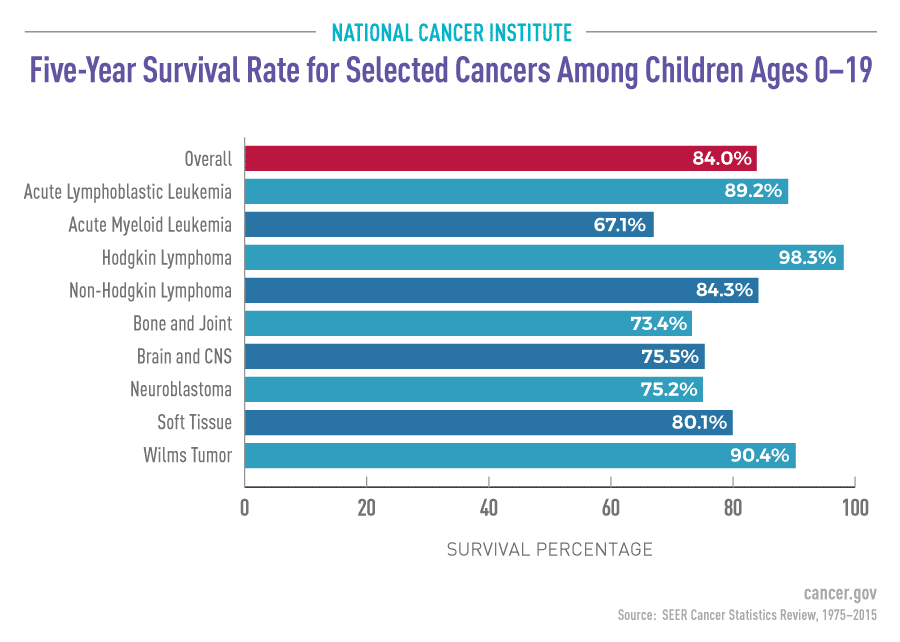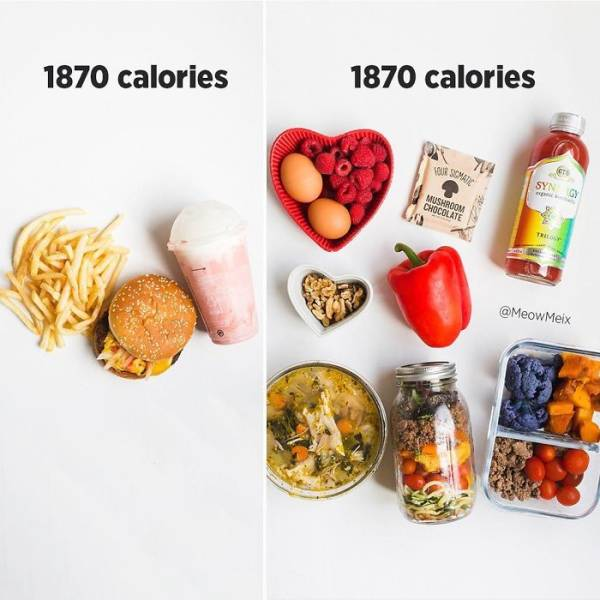Federal grant funding plays a crucial role in the advancement of health research, providing vital financial resources for scientists dedicated to improving public health outcomes. With an emphasis on innovative projects, such grants empower researchers like Karen Emmons and Jorge Chavarro to explore significant topics like cancer risk reduction and nutrition’s influence on human reproduction. As these experts navigate the competitive landscape of NIH grant applications, they are driven by a commitment to make a real difference in their fields. Enabling projects that not only test groundbreaking ideas but also align with critical healthcare challenges, federal health research funding is an essential catalyst for change in society. However, securing this funding remains a daunting task, often riddled with challenges that test the resilience of dedicated researchers in pursuit of their goals.
Federal research support is indispensable for public health initiatives, fueling studies that aim to address urgent health concerns and improve community well-being. This financial backing empowers researchers to seek out innovative solutions in areas such as cancer prevention and the impact of diet on reproductive health. The process of obtaining these funds, often referred to as health research funding or NIH grants, reflects the ongoing commitment to scientific excellence and social responsibility. Through rigorous application procedures and extensive peer evaluations, this system ensures that the most promising and impactful projects receive the necessary resources. In today’s complex research environment, understanding the nuances of program funding and its significance is vital for any aspiring investigator.
Securing Federal Grant Funding: A Crucial Step for Public Health Research
In the realm of public health research, securing federal grant funding is not merely a financial transaction; it is a vital component that fuels innovation and drives significant advancements in healthcare. Researchers like Karen Emmons and Jorge Chavarro exemplify the dedication and effort that go into the federal grant application process. For many, such funding opens doors to vital studies that can address pressing health issues, such as cancer risk reduction and the impact of nutrition on human reproduction. The ability to conduct rigorous research hinges on the availability of these grants, making them an indispensable asset to the public health landscape.
Obtaining a federal grant is often a challenging but rewarding endeavor. Researchers must first articulate compelling proposals that highlight the significance of their projects and how they address critical gaps in knowledge. This often involves extensive preparation, from preliminary research to detailed methodologies and budgets. The Federal National Institutes of Health (NIH) plays a crucial role by providing a structured evaluation process aimed at ensuring only the most promising projects receive funding. Despite the competitive nature of these grants, they represent a collaborative effort between the government and researchers committed to improving public health outcomes.
Challenges Within the Grant Application Process
Although the intent behind federal grant funding is to bolster public health research, the process is laden with challenges. The stringent requirements set forth by granting bodies like the NIH aim to uphold research integrity, yet can be daunting for applicants. Both Emmons and Chavarro emphasize the extensive preparation needed before submitting an application, which can often take months to finalize. This includes everything from community engagement to generating preliminary data that support the proposed research. The time-consuming nature of this work is a testament to the dedication required to secure funding.
Additionally, the competitive nature of the grant process can add a layer of frustration for researchers. With a success rate of only 14.6 percent for common grant applications at the National Cancer Institute in 2023, many promising projects go unfunded. This can discourage researchers, especially those studying vital topics such as cancer risk and public health. However, both Emmons and Chavarro view these challenges as necessary steps in ensuring high-quality research that can yield significant health benefits for the community.
The Significance of Community Engagement in Health Research
For researchers like Karen Emmons, community engagement is essential to the success of public health initiatives. Her work focuses on reducing cancer risks in underserved communities, necessitating a deep understanding of the needs and challenges faced by these populations. Building strong relationships with community partners is not just beneficial—it is fundamental to ensuring that research is relevant and impactful. This engagement informs researchers about existing gaps in services and allows for tailored approaches that can lead to better health outcomes.
Emmons emphasizes that the process of partnering with community organizations takes time and effort, but it is integral to conducting responsible research. By incorporating community voices into the research process, she ensures that her studies not only address theoretical gaps but also real-world challenges faced by individuals. This participatory approach enriches public health research, paving the way for initiatives that are more likely to resonate and directly benefit the populations they are designed to serve.
Understanding the Role of NIH in Advancing Health Research
The National Institutes of Health (NIH) plays a pivotal role in shaping the landscape of health research in the United States. As a primary source of federal grant funding, the NIH supports a broad spectrum of studies, from basic science to translational research aimed at refining public health outcomes. Researchers like Jorge Chavarro appreciate the NIH’s commitment to a rigorous review process, which, despite its challenges, maintains high standards for research and fosters innovation in fields such as nutrition and human reproduction.
Moreover, the NIH’s investment in health research reflects a recognition of the government’s commitment to public health as a matter of national interest. Initiatives funded by the NIH have far-reaching implications, not only addressing immediate health crises but also paving the way for strategies that prevent future health issues. The agency’s focus on key research areas like cancer and nutrition highlights its strategic priorities and represents a collaborative effort to enhance the well-being of the population.
Innovating for Better Health: The Impact of Cancer Risk Reduction Research
Research on cancer risk reduction is critical in the fight against one of the world’s most pervasive health challenges. Scholars like Karen Emmons focus their work on identifying strategies that can mitigate risks, particularly within underserved communities. The insights garnered from such research are invaluable, offering evidence-based solutions that can lead to improved health policies and practices. By investigating socio-economic factors, lifestyle choices, and community health education, researchers can formulate targeted interventions that show promise in reducing cancer incidence.
Furthermore, ongoing studies in cancer risk reduction not only contribute to immediate benefits but also propel the advancement of science in general. Emmons’s work, supported by federal grant funding, is a testament to the potential of rigorous health research to yield transformative outcomes. As researchers delve deeper into the complexities of cancer risk, their findings can inform public health strategies, bolstering preventive measures and fostering health equity across diverse populations.
Budgeting for Innovation in Health Research
Crafting a budget for a federal grant application is as pivotal as the research proposal itself. Researchers must justify every expense to demonstrate its necessity for achieving project goals. The increasing costs associated with conducting innovative health research, as mentioned by Jorge Chavarro, create a pressing need for researchers to adopt creative strategies for resource allocation. Every piece of equipment, from pipettes to advanced imaging technologies, must be accounted for, ensuring that the proposed work is not only feasible but also impactful.
Navigating the budgeting process can be daunting, especially in light of shrinking grant amounts amidst rising research expenses. Researchers must meticulously outline their anticipated costs while also considering potential reallocation of funds if an unexpected need arises. This careful planning helps to maximize the efficiency and effectiveness of research projects, ultimately contributing positively to public health outcomes in areas such as nutrition and cancer prevention.
Navigating Scientific Review Groups for Successful Proposals
The journey from proposal submission to securing funding often involves rigorous scrutiny by Scientific Review Groups (SRGs). These volunteer panels of expert scientists assess the quality and viability of research proposals, ensuring that only the most impactful studies are given financial support. For researchers like Karen Emmons and Jorge Chavarro, understanding the nuances of the review process is crucial for enhancing their chances of success. Crafting an application that clearly articulates innovative methodologies, significance, and approach is essential in capturing the attention of reviewers.
Moreover, familiarity with the expectations of the SRG can significantly impact how researchers formulate their proposals. Emphasizing innovative elements, potential health impacts, and aligning research objectives with national health priorities can help proposals stand out. As both successful and unsuccessful submissions undergo a rigorous review, researchers can gather valuable feedback, refine their approaches, and resubmit—an opportunity that can ultimately lead to funding for vital health research endeavors.
The Importance of Preliminary Research Data in Grant Applications
Preliminary data plays a critical role in strengthening grant applications by providing evidence of the feasibility and design of proposed research studies. For researchers, having robust preliminary findings can differentiate successful proposals from those that lack foundational backing. Projects that build on earlier research achievements demonstrate a capacity for advancement and a commitment to addressing pressing health issues, such as cancer risk and public health implications stemming from nutrition.
Emmons highlights the necessity of including preliminary findings to substantiate the potential success of new research initiatives. By showcasing previous work, researchers can build credible narratives that resonate with reviewers at agencies like the NIH. This aspect not only enhances the application’s competitiveness but also affirms the researcher’s commitment to pioneering advancements in the field of public health.
The Future of Health Research and Funding Opportunities
As public health challenges continue to evolve, the landscape of health research funding is likely to change accordingly. Researchers are increasingly required to adapt to shifting priorities and governmental policies that impact the availability of federal grant funding. Being aware of emerging trends in research and aligning projects with national health goals can provide advantageous opportunities for securing grants. The significance of studies addressing issues like cancer prevention and nutrition is likely to gain even more attention in the years to come.
Furthermore, as the connection between health research and societal well-being becomes more pronounced, we may see increased investment in innovative public health strategies. Engaging in collaborative research efforts that bring together academia, government institutions, and community organizations will be essential for maximizing the impact of federal funding. Researchers must remain committed to adapting their approaches to effectively contribute to a healthier future, leveraging public and private partnerships to advance their work in meaningful ways.
Frequently Asked Questions
What are the essential steps to apply for federal grant funding in public health research?
Applying for federal grant funding in public health research involves several essential steps, including identifying grant opportunities, developing a research idea, writing a compelling NIH grant application, and ensuring ethical treatment of human subjects involved in your study. Researchers must articulate how their work addresses significant health issues, demonstrates innovation, and adheres to the rigorous requirements set by institutions such as the National Institutes of Health (NIH). Building partnerships with community organizations and reviewing existing literature are also critical components of the preparation process.
How does the NIH grant application process ensure fairness in funding public health research?
The NIH grant application process is designed to ensure fairness through a rigorous review system that evaluates applications based on innovation, significance, and approach. Each proposal is assessed by Scientific Review Groups comprised of volunteer scientists, who score the applications relative to one another. This evaluation process aims to provide equitable access to funding for researchers applying for federal grant funding in areas like public health, nutrition, and cancer risk reduction.
What role does community engagement play in securing federal health research funding?
Community engagement plays a pivotal role in securing federal health research funding, particularly for projects focusing on cancer risk reduction and public health. Researchers must build relationships with community partners to ensure research relevance and impact on under-resourced populations. This collaboration not only strengthens the research proposal but also demonstrates a commitment to addressing health disparities, which can enhance the likelihood of success in obtaining NIH grants or other federal health research funding.
What are the common challenges in obtaining health research funding from federal sources?
Common challenges in obtaining health research funding from federal sources include intense competition, fluctuating budget allocations, and stringent application requirements. For instance, the success rate for NIH R01 grants in 2023 was only 14.6%. Additionally, researchers face hurdles related to justifying budget items, ensuring compliance with ethical standards for human subject research, and navigating complex application processes, which can be frustrating and time-consuming.
How can researchers improve their chances of receiving federal funding for nutrition and human reproduction studies?
To improve their chances of receiving federal funding for nutrition and human reproduction studies, researchers should focus on developing innovative and impactful project ideas that address significant gaps in knowledge. Collaborating with established experts in the field, conducting thorough preliminary research, and clearly articulating the study’s potential contribution to public health are essential strategies. Additionally, submitting well-prepared NIH grant applications that adhere to all guidelines and address reviewers’ feedback can enhance their likelihood of success.
| Key Points | Details |
|---|---|
| Importance of Federal Grants | Federal grants enable public health researchers to conduct significant research that can impact human health. |
| Challenges in Grant Acquisition | Political actions can disrupt funding opportunities, affecting research on critical health issues like cancer and neurodegenerative diseases. |
| Application Process | Submitting a federal grant requires a comprehensive application involving detailed methodologies, budget justifications, and ethical considerations. |
| Review Process | Applications are reviewed by Scientific Review Groups that evaluate merit based on innovation, significance, and approach. |
| Funding Success Rates | The success rate for major grants, like NIH’s R01, was only 14.6% in 2023, reflecting a highly competitive environment. |
| Long-term Relationship with Government | Researchers emphasize the importance of public-private partnerships in advancing science and providing societal benefits. |
Summary
Federal grant funding is essential for advancing research that improves public health. It allows researchers to explore innovative methods and implement effective strategies in their commitment to science. Despite challenges such as political interference that threaten this funding, the rigorous application and review process are designed to ensure that only the most impactful projects receive support, underscoring the vital role of federal funds in facilitating groundbreaking health research.



